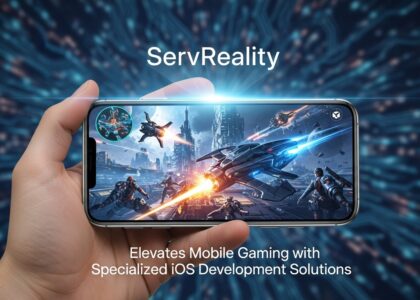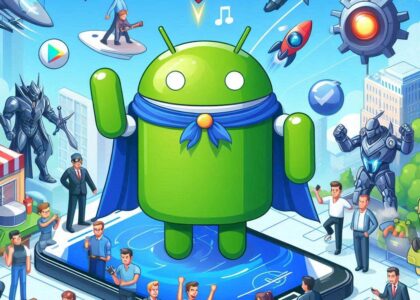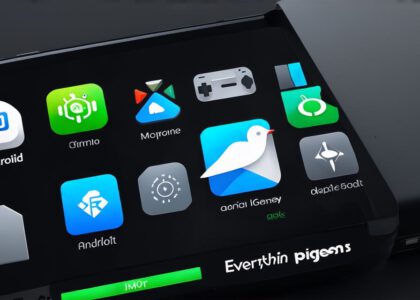In the ever-evolving world of Android, it’s essential for game developers to stay ahead of the curve. One question that’s been buzzing lately is, “Is Android 8 no longer supported?”
Let’s delve into this topic and understand its implications for our community.
The End of an Era: Android 8 Oreo Support
Google has officially announced the end of regular updates for Android 8 Oreo. This means that game developers who have been relying on this platform may face challenges in terms of compatibility, security, and performance.
Case Study: The Impact on Game Development

Consider the case of a popular mobile game, “Galactic Quest,” which was developed for Android 8 Oreo. With the end of support, the developers faced issues with bug fixes, security patches, and even compatibility with newer Android versions. This led to a decline in user experience, affecting their player base significantly.
The Shift Towards Android Pie and Beyond
Android Pie (9.0) and Android 10 have been around for some time now, offering numerous features that can enhance game development. For instance, Android Pie introduced Adaptive Battery, which optimizes battery life based on usage patterns, ensuring smoother gaming experiences.
Expert Opinion: The Importance of Staying Updated
As Game Developer X puts it, “Staying updated with the latest Android versions is crucial for maintaining a competitive edge in the market.” He further emphasizes that newer Android versions offer improved performance, security, and user experience, which are essential for game developers.
The Road Ahead: Upgrading or Migrating?
For those still on Android 8 Oreo, it’s time to consider upgrading or migrating to a newer platform. Upgrading can be a cost-effective solution, while migration might involve a complete overhaul of your game. Either way, it’s a necessary step towards ensuring the longevity and success of your game in the Android ecosystem.
FAQs
1. Why should I upgrade from Android 8 Oreo?
To ensure compatibility with newer Android versions and access to their features.
For improved performance, security, and user experience.
2. What are the challenges in migrating to a newer Android version?
Technical complexities in adapting to new APIs and SDKs.
Potential compatibility issues with older devices.
3. How can I prepare for the upgrade or migration process?
Keep abreast of the latest Android updates and their features.
Test your game on the newer Android versions before making the switch.
Seek professional help if needed.
In conclusion, the end of support for Android 8 Oreo signifies a new chapter in Android game development. It’s time to adapt, upgrade, or migrate to ensure our games remain competitive and engaging in this dynamic landscape.





